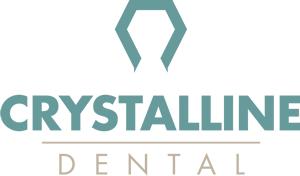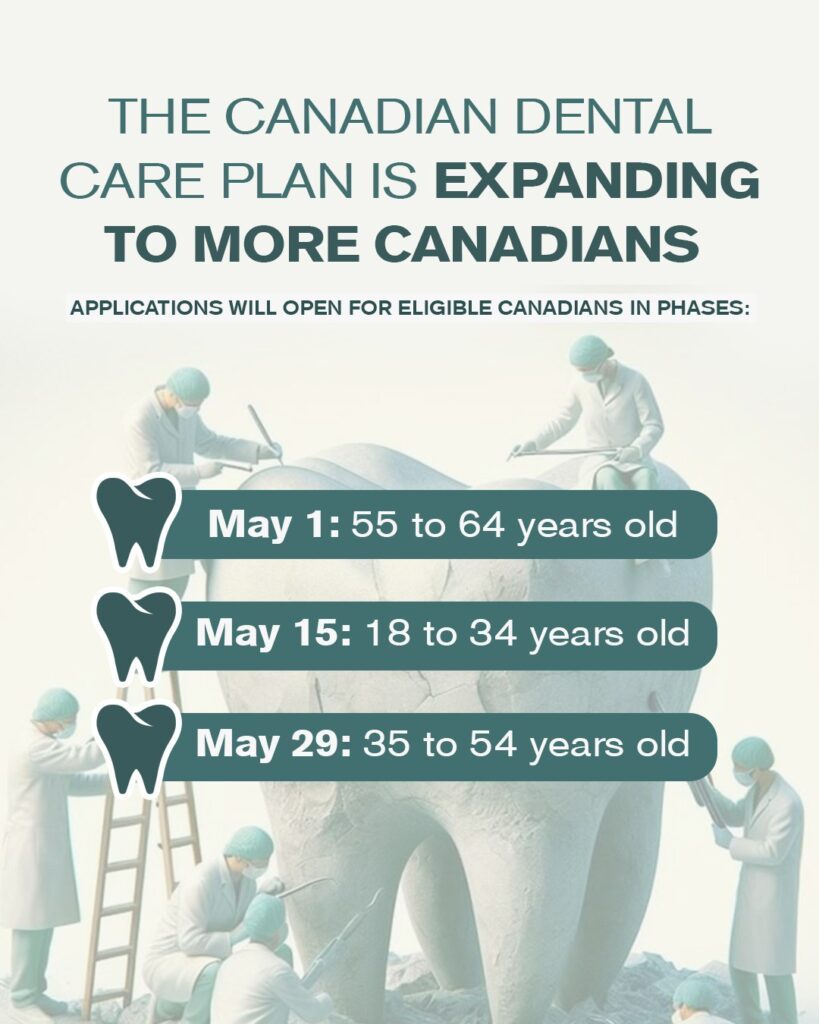Inflamed Gums: Causes & Treatments for Gum Swelling
If you’ve ever experienced the discomfort of inflamed gums, you know it’s a condition that shouldn’t be ignored. From the common culprits to effective home remedies, let’s delve into the causes and treatments for gum swelling.

What Causes Inflamed Gums?
The primary cause of inflamed gums is gum disease, a prevalent condition affecting nearly half of American adults, according to the CDC. However, other factors contribute to gum inflammation, including:
Poor Oral Hygiene: Inadequate brushing or flossing techniques can lead to gum irritation.
Tobacco Use: Smoking or using other tobacco products increases the risk of gum problems.
Medical Treatments: Certain medical procedures or conditions can impact gum health.
Hormonal Changes: Fluctuations in hormones, such as during pregnancy, can contribute to gum swelling.
Dental Appliances: Ill-fitting dentures, braces, or other appliances may irritate the gums.
Types of Gum Disease
Understanding the stages of gum disease is crucial for effective management. There are two primary types:
Gingivitis: An early and mild form characterized by sensitive, bleeding gums. Timely treatment is vital to prevent further damage.
Periodontitis: If gingivitis progresses untreated, it can evolve into periodontitis, a more severe form. Inflammation intensifies, leading to potential tooth loss.
When Gum Pain Is Linked to Past Dental Extractions
In some cases, gum inflammation or soreness isn’t due to everyday oral hygiene issues but may stem from a tooth extraction that occurred years ago. This type of delayed discomfort can be caused by:
Nerve damage or bone changes in the extraction site
Residual infection or cysts forming in the area
Shifting of adjacent teeth affecting gum tension
If your gums hurt in the area where a tooth was removed years ago, don’t ignore it. Learn more about potential causes and what to do next in our dedicated article:
Gum Hurts Where Tooth Was Removed Years Ago
How to Treat Inflamed Gums
Addressing inflamed gums promptly is essential for long-term oral health. Consider the following home remedies:
1. Brushing Technique Matters More Than You Think
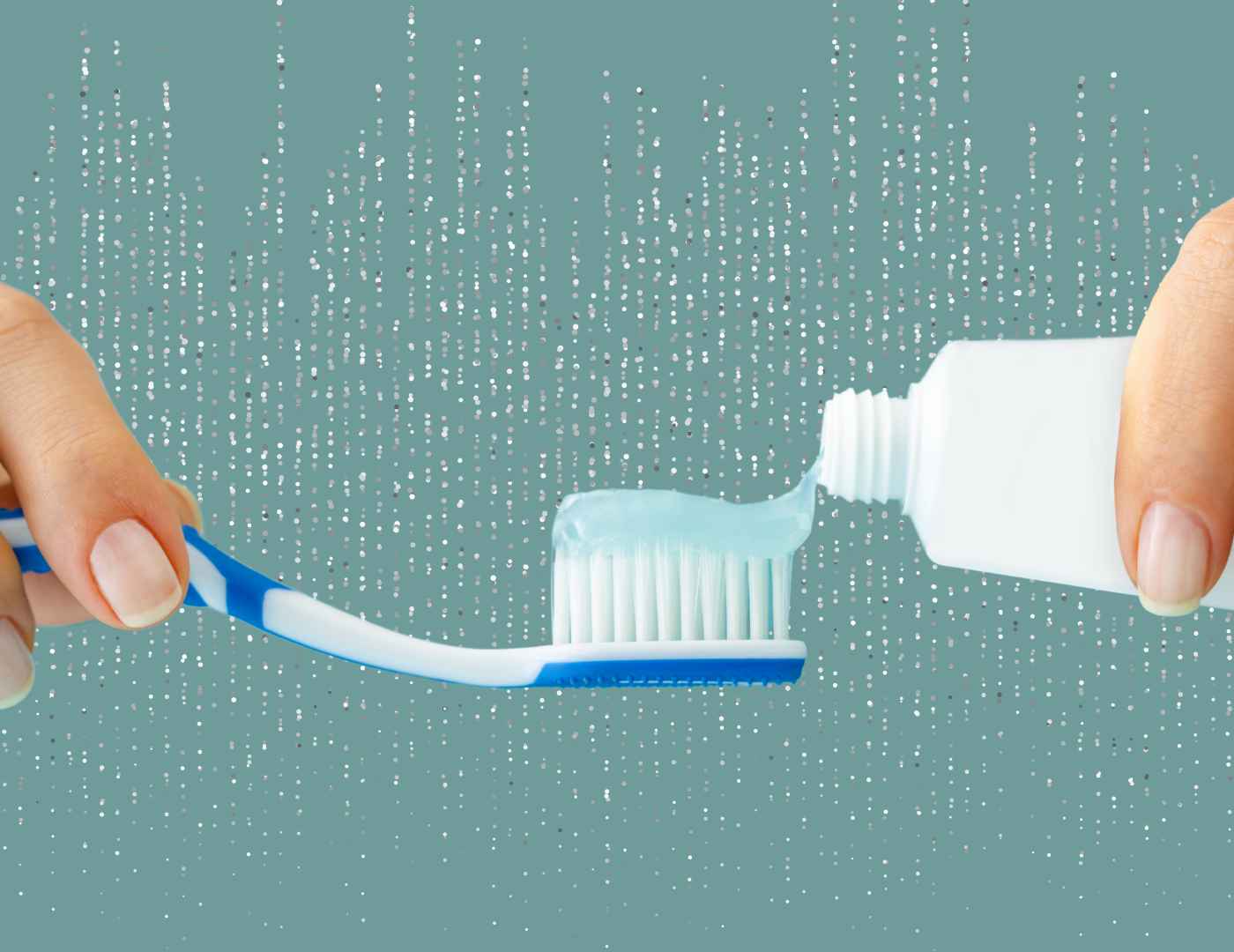
Brushing too aggressively can cause gum recession and worsen inflammation. On the other hand, brushing too lightly may leave behind plaque and bacteria.
What to do:
Use a soft-bristled toothbrush to minimize irritation.
Brush in gentle circular motions, especially along the gum line.
Make sure you brush for at least two minutes, twice a day.
Replace your toothbrush every 3 months or when the bristles start to fray.
Proper brushing helps eliminate plaque—the primary cause of gum inflammation—without damaging the delicate gum tissue.
2. Floss Diligently—Daily and Correctly
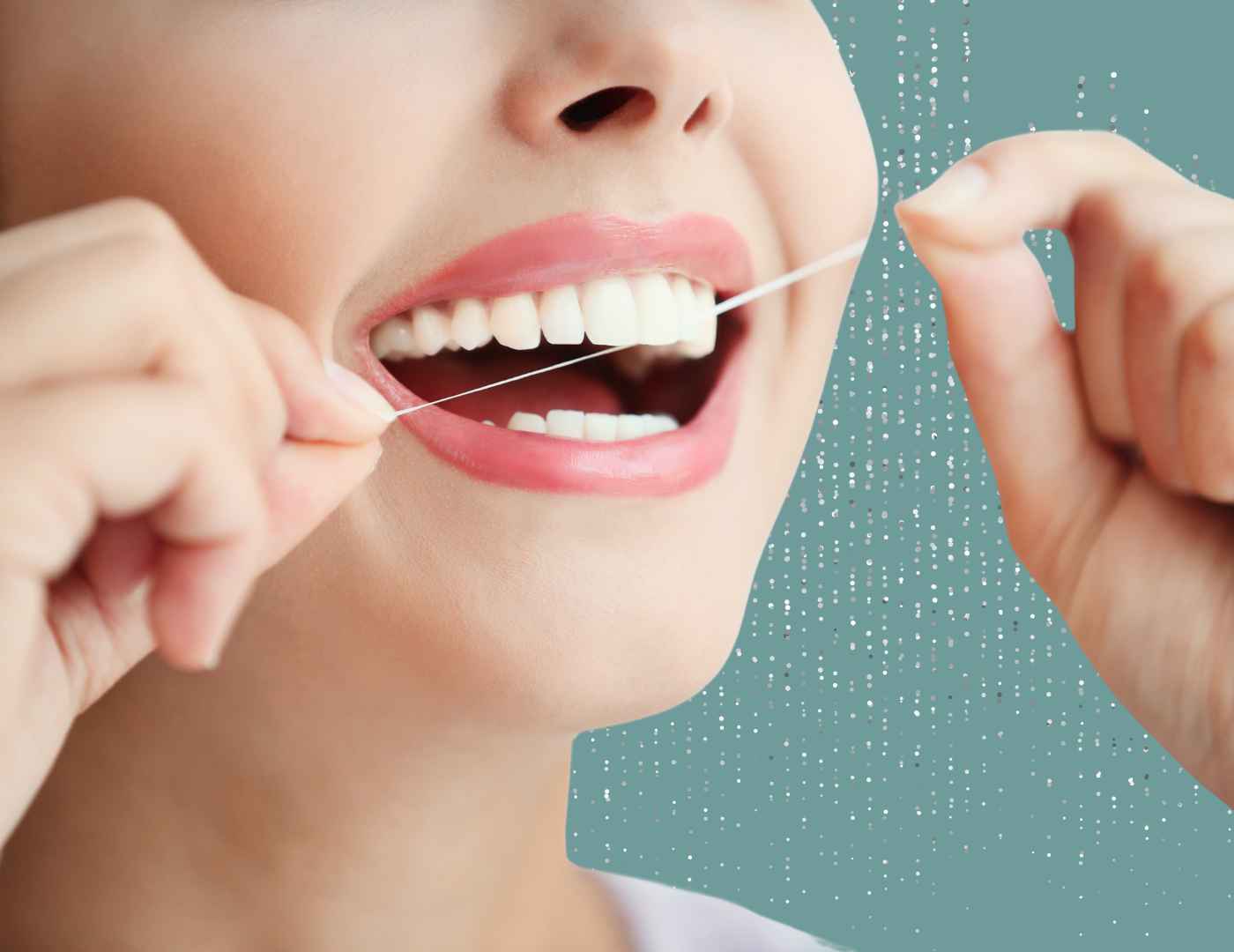
Flossing removes food particles and plaque from between teeth where toothbrushes can’t reach. Skipping this step can lead to tartar buildup, gum bleeding, and eventual infection.
Tips for effective flossing:
Use 18 inches of floss, winding most around your middle fingers.
Gently slide the floss between each tooth and curve it into a C-shape around the gum line.
Avoid snapping the floss into the gums, which can cause trauma.
Consider a water flosser if you have braces or sensitive gums.
Consistent flossing reduces inflammation and promotes a healthier, cleaner mouth.
3. Rinse Regularly With Antibacterial Mouthwash

Therapeutic mouth rinses can help manage and reduce gum inflammation by killing harmful bacteria, decreasing plaque buildup, and soothing gum tissues.
Look for:
Alcohol-free, antibacterial mouthwashes with ingredients like chlorhexidine, cetylpyridinium chloride, or essential oils.
Saltwater rinses (½ tsp of salt in 1 cup of warm water), especially after meals or brushing, to reduce swelling naturally.
Rinse twice daily for optimal results.
Rinsing helps flush out debris and bacteria from areas that brushing and flossing may miss.
4. Choose a Gum Care Toothpaste With Targeted Benefits
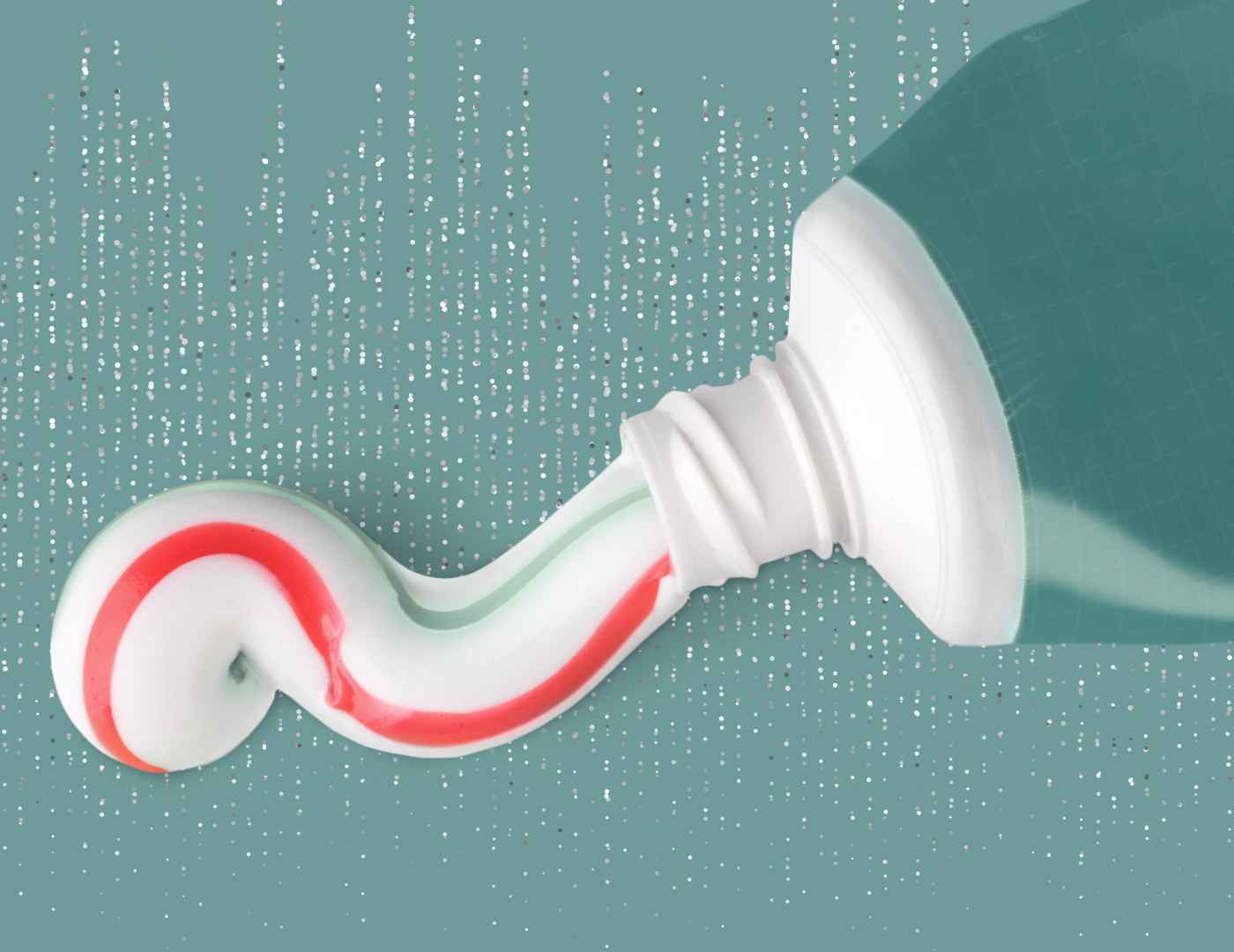
Toothpaste specifically formulated for gum health can offer antibacterial properties, reduce bleeding, and ease sensitivity.
What to look for:
Toothpaste containing stannous fluoride or triclosan (in approved formulations).
Desensitizing agents like potassium nitrate if gum pain is present.
Brands labeled for “gum health” or “gingivitis control.”
Using the right toothpaste consistently can significantly improve your gum condition within weeks.
5. Switch to Anti-Gingivitis Toothpaste
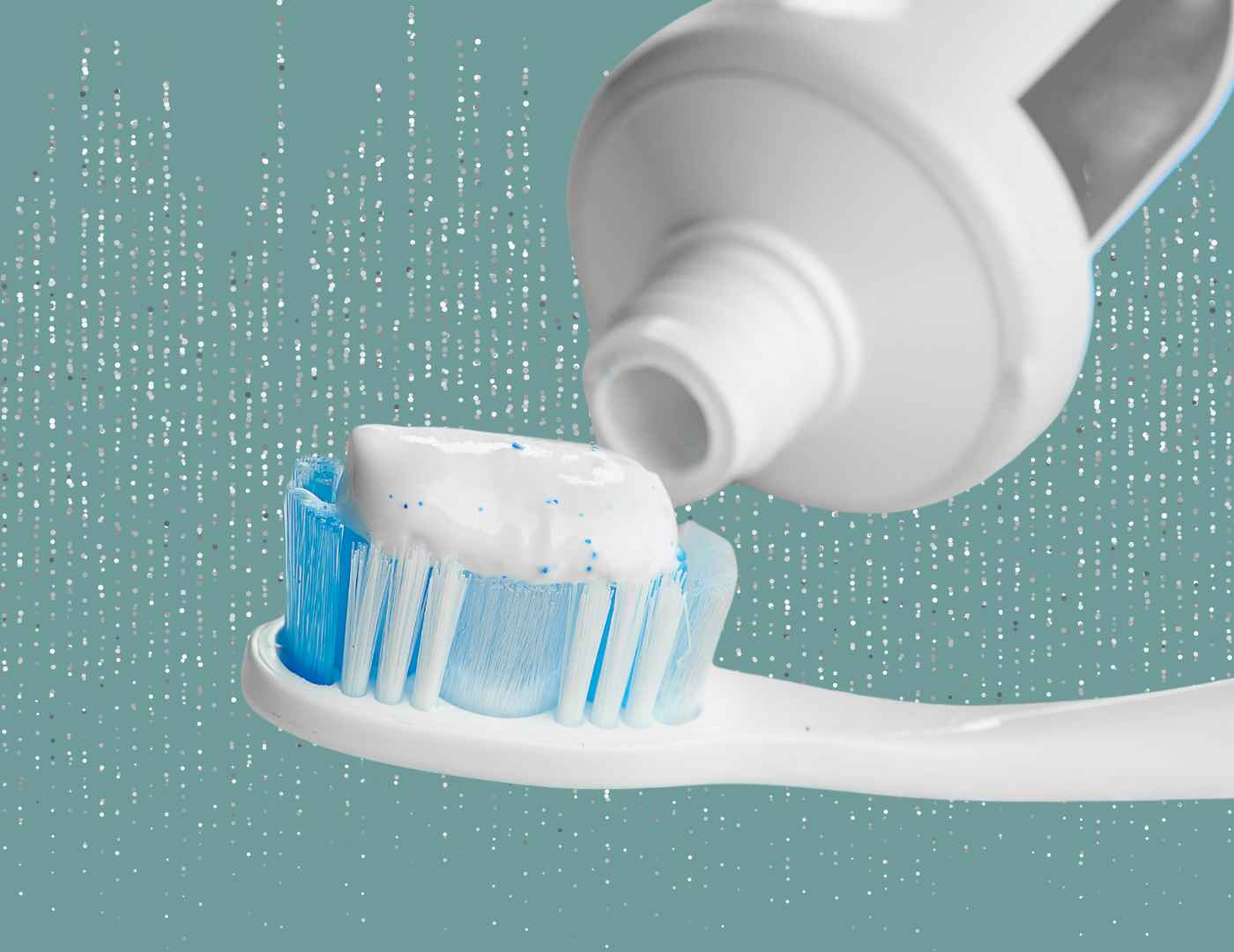
If you’re already experiencing signs of gum inflammation, an anti-gingivitis toothpaste can actively help reverse the early stages of gum disease.
Examples and benefits:
Products like Parodontax, Crest Gum Detoxify, or Colgate Total Gum Health have clinically proven results.
Some formulations improve gum health in as little as 7–14 days with regular use.
These toothpastes work by neutralizing bacteria at the gum line and promoting gum reattachment.
Consult with your dentist about which product suits your specific needs.
6. Prioritize Nutrition to Boost Gum Immunity

Your gums, like the rest of your body, rely on essential nutrients to stay strong and heal properly. A deficiency in certain vitamins and minerals can lead to increased gum sensitivity and inflammation.
Nutritional tips:
Vitamin C (found in citrus fruits, bell peppers, broccoli) supports collagen formation and immune defense.
Calcium and Vitamin D (found in dairy products, almonds, leafy greens) strengthen jawbones and reduce risk of periodontal disease.
Omega-3 fatty acids (from fish or flaxseed) have anti-inflammatory properties that can benefit gum health.
Drink plenty of water to maintain saliva flow and naturally cleanse the mouth.
A balanced, nutrient-rich diet promotes overall oral resilience.
7. De-Stress for Healthier Gums and Body

Chronic stress raises cortisol levels in the body, which is directly linked to increased inflammation—including in your gums. Stress can also lead to teeth grinding, poor oral hygiene habits, and weakened immune response.
How to manage stress for oral health:
Practice mindfulness meditation, yoga, or breathing exercises.
Engage in regular physical activity to reduce anxiety and boost circulation.
Make time for hobbies and maintain a healthy sleep routine.
If necessary, seek counseling or support for stress management.
By reducing your stress levels, you also reduce the biological triggers that lead to gum inflammation.
Remember, consulting your dentist is crucial for personalized treatment recommendations. They can pinpoint the specific cause of inflammation and guide you towards optimal gum health. With the right care, bid farewell to inflamed gums and welcome a radiant, healthy smile.
Sources:
